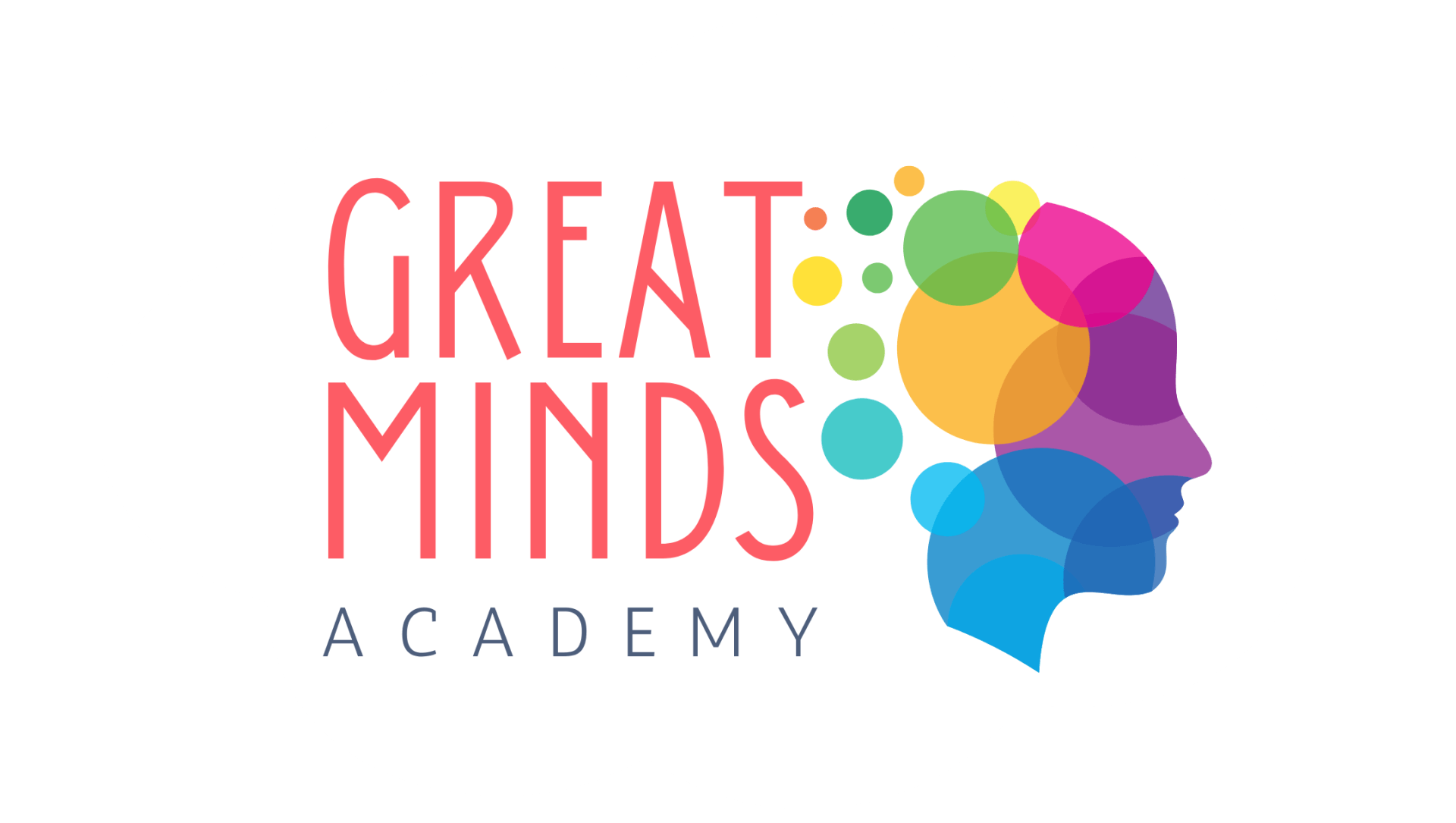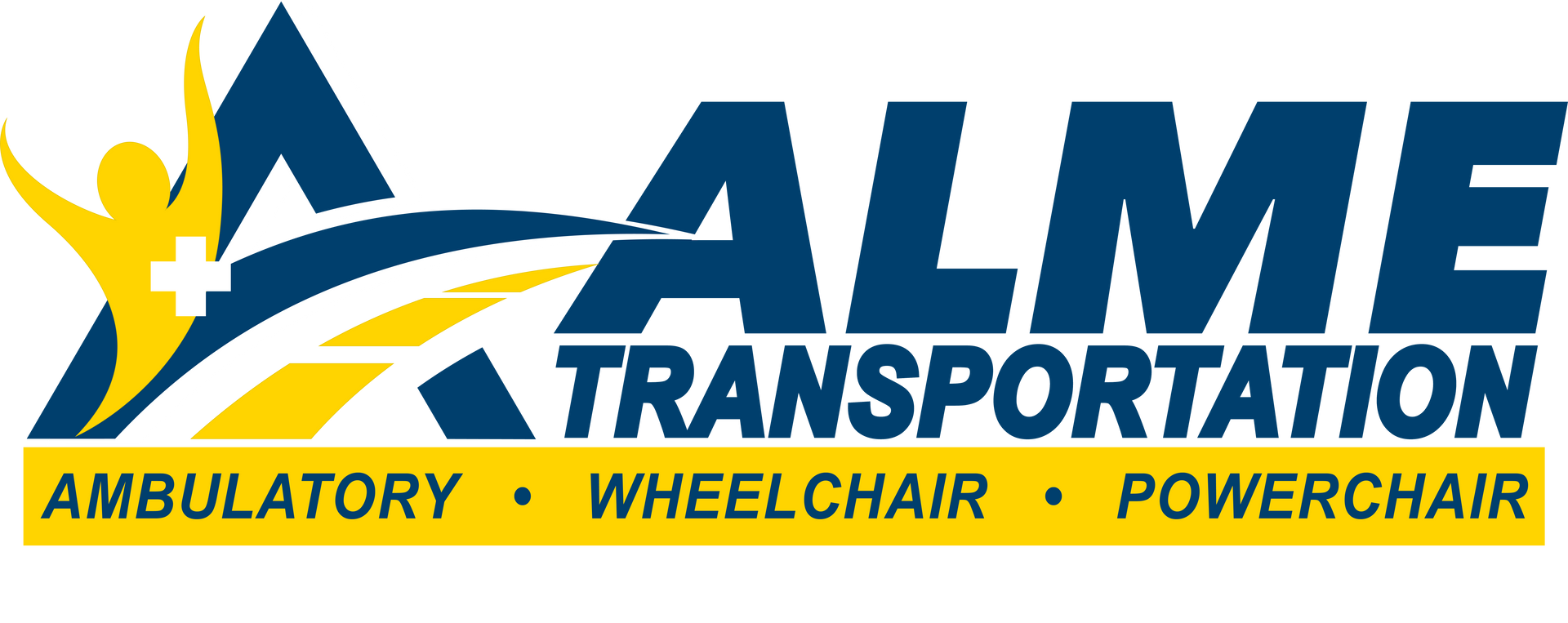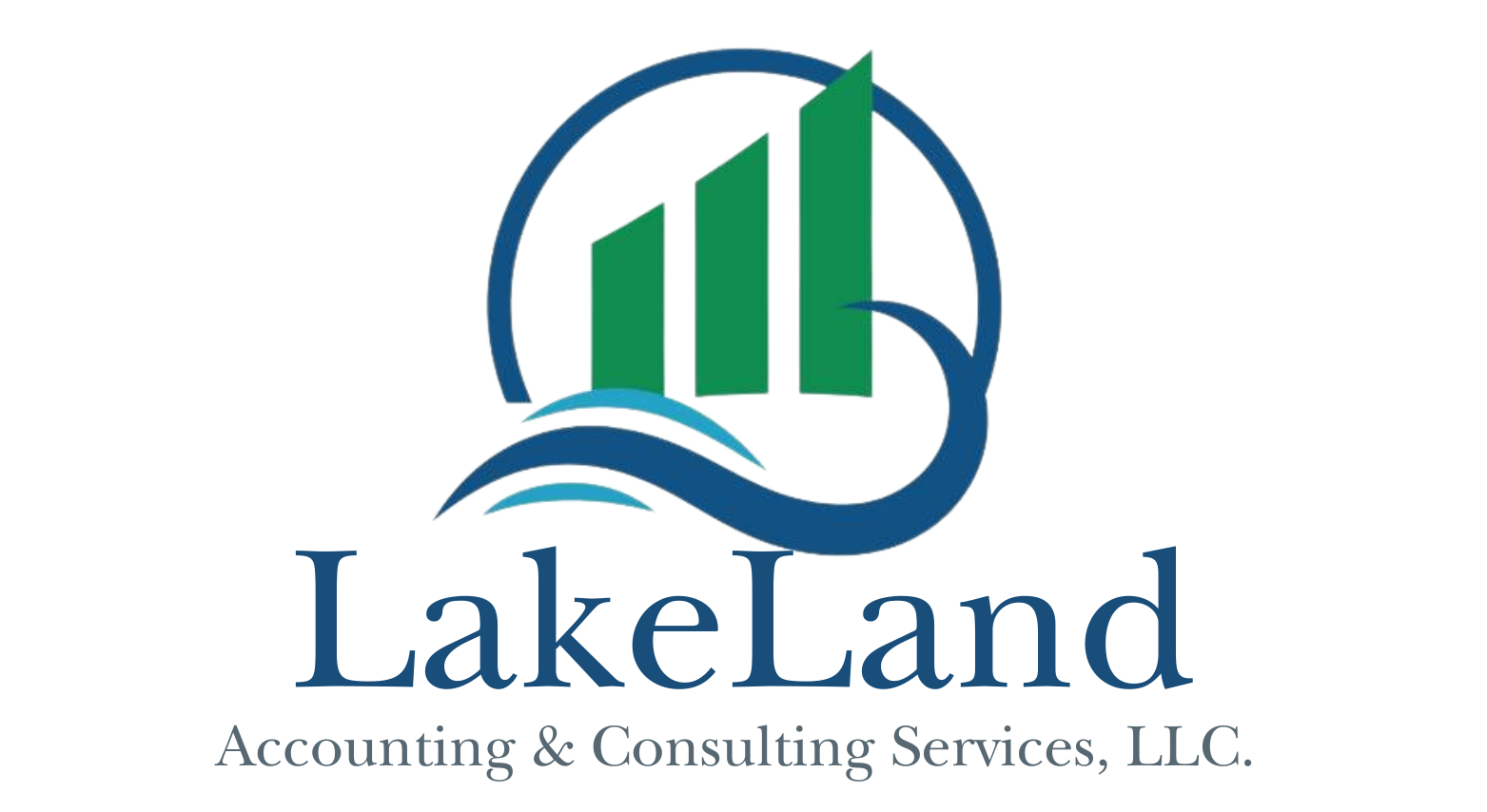Mastering Reading and Learning Strategies: Tips for Effective Skill Development
Reading and learning are fundamental skills that play a crucial role in academic success, personal growth, and professional development. Whether you're a student striving to excel in your studies or an individual committed to lifelong learning, mastering effective reading and learning strategies is essential for acquiring and retaining knowledge efficiently. Here are some valuable tips to help you enhance your reading comprehension and learning skills for greater academic and personal achievement.
1. Set Clear Goals
Before diving into any reading or learning activity, take the time to set clear and specific goals for what you want to accomplish. Identify the purpose of your reading or learning session, whether it's to understand a complex concept, gather information for a research project, or improve a specific skill. Setting goals helps focus your attention and motivation, guiding your reading and learning efforts towards achieving meaningful outcomes.
2. Preview and Skim
Previewing and skimming the material before diving into detailed reading can provide valuable context and help you identify key concepts, themes, and structures. Scan headings, subheadings, and bolded text to get an overview of the content and make note of any important points or questions that stand out. Previewing the material primes your mind for deeper engagement and comprehension during subsequent reading sessions.
3. Active Reading Techniques
Practice active reading techniques to engage with the text actively and critically. As you read, ask yourself questions, make predictions, and summarize key points to deepen your understanding and retention. Use annotation tools such as highlighting, underlining, and margin notes to mark important passages, key terms, and relevant insights. Active reading encourages active participation and enhances comprehension by fostering deeper engagement with the material.
4. Employ Effective Note-Taking Strategies
Take organized and concise notes to capture essential information and ideas while reading or learning. Experiment with different note-taking methods such as outlining, mind mapping, or Cornell note-taking to find the approach that works best for you. Focus on recording main ideas, supporting details, and key concepts in your notes, using your own words to reinforce understanding and retention. Review and revise your notes regularly to reinforce learning and solidify comprehension.
5. Utilize Visual Aids and Multimedia Resources
Enhance your learning experience by incorporating visual aids and multimedia resources into your reading and study sessions. Supplement text-based materials with diagrams, charts, graphs, and illustrations to clarify complex concepts and facilitate visual learning. Explore online tutorials, video lectures, podcasts, and interactive simulations to access diverse perspectives and engage multiple senses in the learning process. Combining visual and auditory stimuli can deepen understanding and retention of information.
6. Practice Active Recall and Retrieval
Engage in active recall and retrieval practice to reinforce learning and strengthen memory retention. Challenge yourself to recall key information, concepts, and details from memory without referring to the text or notes. Use flashcards, self-quizzing, or spaced repetition techniques to test your understanding and reinforce learning over time. Active recall and retrieval promote long-term retention by encouraging deeper encoding and retrieval of information from memory.
7. Reflect and Review Regularly
Allocate time for reflection and review to consolidate learning and monitor progress over time. Reflect on your reading and learning experiences, identifying strengths, weaknesses, and areas for improvement. Review your notes, summaries, and annotations periodically to reinforce learning and refresh your memory of key concepts. Reflective practice promotes metacognition and self-awareness, empowering you to become a more strategic and effective learner.
Conclusion
In conclusion, mastering effective reading and learning strategies is essential for acquiring, understanding, and retaining knowledge effectively. By setting clear goals, previewing and skimming, practicing active reading techniques, employing effective note-taking strategies, utilizing visual aids and multimedia resources, practicing active recall and retrieval, and reflecting and reviewing regularly, you can enhance your reading comprehension and learning skills for greater academic success and personal growth. With dedication, practice, and perseverance, you can develop the skills and habits needed to become a lifelong learner and achieve your academic and personal goals.
Visit our partners:








